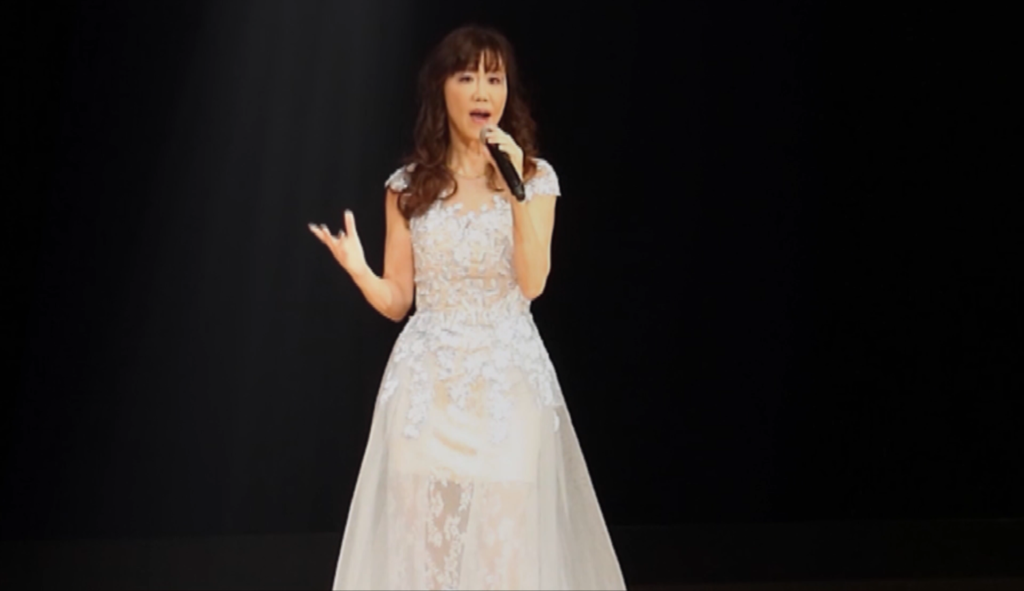■陰陽師の末裔が語る、「古神道のもつ2つの本質」と「日本語での表現と意味」とは?
A Japanese Onmyoji who gave a speech at TED.
The video has been uploaded on Youtube.
Here is a summary of what Mr. “Tsuchinomikado Kan-etsu” gave a speech.
TEDでスピーチを行った日本人の陰陽師
Youtubeに動画がアップロードされています。
「土御門乾越(つちのみかどかんえつ)」氏がスピーチした内容を、要約してご紹介します。
1)Two essences of Ko-Shintō
①Wrap up
The idea of “wrapping up”.
If the word “wrap around” is the only word, isn’t the meaning and impression of the word “something warm”?
So how do you feel when it comes to the word “wrap around your mistakes”?
Please close your eyes and feel for a moment.
1)古神道のもつ2つの本質
①包み込む
「包み込む」という考え方のことです。
「包み込む」という言葉だけだと、言葉の意味や印象は「何か温かい感じ」ではないでしょうか?
では、「過ちを包み込む」という言葉になったら、あなたはどんな感じがしますか?
目を閉じて、ちょっと感じてみてくださいね。
Next, how would you feel when it comes to the phrase “wrap around your nemesis”?
次に、「宿敵を包み込む」という表現の言葉になったら、あなたはどんな感じがしますか?
When you hear “wrap around mistakes”, when you express it, you may be divided into those who feel “something like a compromise” and those who feel “forgiveness”.
And some people will feel “something cold”.
Do you not recall “memory of the past”?
「過ちを包み込む」と聞いたら、表現したら、「何か妥協のようなもの」を感じる人もいれば、「許すこと」を感じる人に分かれてしまうのではないでしょうか?
そして、「何か冷たい感じ」がする人もいるでしょう。
「過去の記憶」が想起されませんか?
If you hear “wrap around your nemesis” and express it, does “emotion” move?
Would you like to remember or think about the “face of someone” in the past?
Some people may regain their bitter feelings.
Some people may feel liberated because their feelings have already been “cut off” as it ended long ago.
「宿敵を包み込む」と聞いたら、表現したら、「感情」が動きませんか?
過去の「誰かの顔」を思い出したり、考えたりしませんか?
苦々しい想いが蘇る人がいるかもしれません。
もう遠い昔に終わったこととして、既に気持ちは「断捨離」されていて、解放感がある人もいるかもしれません。
Kotodama
In fact, “Kotodama” exists in Japanese.
Kotodama?
As for what it means, it is only Japanese on the earth that each of the 51 sounds has a meaning.
言霊
実は、日本語には、「言霊」が存在しています。
言霊?
何のことかと言うと、51音1つ1つの独立した音に意味があるのは、地球上で日本語だけなんです。
For example, “wrap” comes from the one-word verb “wrap”.
When you want to express the two verbs “wrap” and “wrap” together, it becomes “wrap”.
“Wrap” pronounces three sounds, “tsu, tsu, mu”.
Each sound has an independent meaning, and when you pronounce “wrap”, the Japanese feel and cherish the three meanings at the same time.
例えば、「包み込む」は、「包む」という1単語の動詞が源です。
「包む」と「込む」という2つの動詞があわさって表現したいとき、「包み込む」になります。
「包む」は「つ・つ・む」の3つの音を発音します。
つ、つ、む、それぞれの音に独立した意味があり、「包む」と発音する時、同時に3つの意味を、日本人は感じ、大切にしています。
* From here, it is a comment added by me = SpaceWind.
As you know, “sound” can be heard because “air” exists in space.
In other words, no matter how loud you scream, you can’t propagate or hear the sound outside the atmosphere and in the vacuum of the universe.
We usually mediate “air” to propagate sound. You hear the sound that travels through the air like “wave energy” and spreads through the vibrations of your ears and eardrums.
“Kotodama” is “the concept that the soul resides in the words that you say.”
In Japanese, the soul was originally contained in the “one sound, one sound” transmitted through the air. Even now, there are people who manipulate words with their soul in each sound.
Using Japanese, which values the sound of vowels, I (SpaceWind) express the melody and lyrics with the sound of each sound with the soul.
I can speak English, so I can translate it into English. It is also possible to sing in English.
I feel that English singing is also necessary for people all over the world to “express songs and understand the meaning of lyrics.”
On the other hand, I am also devising a singing expression that emphasizes “the sound of Japanese” and “putting my own voice on the vowel, making it a long tone, extending the sound and making it utter and resonate”.
※ここから、私=SpaceWindが加える注釈です。
ご存知のように、「音」は、空間に「空気」が存在しているから、聴くことができます。
つまり、大気圏外に出て、宇宙の真空状態の中では、あなたがどんなに大声で叫んでも、音は伝わらないし、聞こえません。
私たちは、普段、「空気」を仲介して、音を伝搬させているのです。
空気中を「波動エネルギー」のように伝わり、広がる音を、自分の耳と鼓膜の振動で聴き取っているのですよね。
「言霊」とは、「自分が発する言葉に魂が宿っているという概念」です。
空気中を伝わる「1音、1音」に、日本語では、本来魂がこもっていました。
現在でも、1音1音に魂をこめて、言葉を操る人もいます。
母音の響きを大切にする日本語を使って、私(SpaceWind)は、1音1音に魂をこめた響きで、メロディーと歌詞を表現しています。
私は、英語を話せますので、英語の訳詞もできます。
英語で歌うことも可能です。
私は、世界中の人に「歌を表現して、歌詞の意味を理解してもらう」ためには、英語歌唱も必要だと感じています。
その一方で、「日本語の響き」と「自分の声を母音に乗せて、ロングトーンにして音を伸ばして発声して響かせる」ことも大切にする手法の、歌唱表現になる工夫もしています。
This is a long sentence, but thank you for reading this far.
I will post the continuation of “The Second Essence of Ko-Shintō” in the next blog, so please look forward to it !💖
長文になりましたが、ここまでお読みいただき、ありがとうございます。
続きとなる「古神道のもつ2つ目の本質」については、次回のブログでお届けしますので、楽しみにお待ちくださいね!💖


